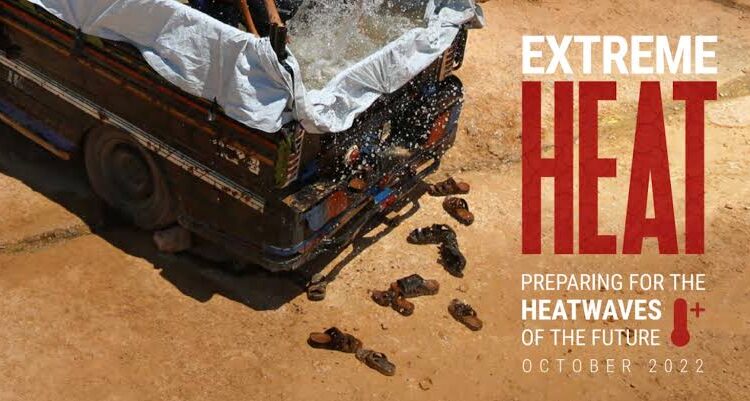UN Warns of Intensifying Heatwaves, Urges Early Warning Systems
The United Nations has raised alarm over the intense early-summer heatwave gripping the northern hemisphere, describing it as a troubling indicator of worsening climate conditions and underscoring the urgent need for early warning systems.
The World Meteorological Organization (WMO), a UN agency, said Tuesday that the extreme temperatures — including a record 46°C in El Granado, Spain — are becoming more frequent and severe due to human-induced climate change.
WMO spokesperson Clare Nullis warned that everyone is vulnerable. “If you go out without water in the middle of the day, to jog or ride a bike, you could suffer serious health problems or even die,” she said.
Nullis attributed the heat in Europe partly to a strong high-pressure system pulling in hot air from northern Africa, along with abnormally high sea surface temperatures in the Mediterranean.
“This is the equivalent of a land heatwave,” she said, adding that extreme heat often “creeps up on you” and is becoming increasingly dangerous due to global warming driven by fossil fuel emissions.
A recent fatality in Barcelona — where a female road sweeper died after completing her shift — has triggered public concern and appeals to avoid exposure during peak sunlight hours.
The UN agency reported that both daytime highs and nighttime lows have shattered June records in parts of Western and Southwestern Europe, exacerbating the toll on human health.
Nullis warned that by 2050, about half of Europe’s population could face high or very high heat stress risk during summer months.
“What is exceptional is the timing,” she said. “It’s just July 1, and we are already experiencing heatwaves typically seen later in the season.”
The WMO is promoting early warning systems through its Early Warnings for All initiative and the WMO Coordination Mechanism (WCM), which helps vulnerable and crisis-prone regions access vital weather, climate, and water data.
The agency emphasized that coordinated national weather alerts and heat-health action plans are critical to saving lives as the climate crisis intensifies.



[…] panel of judges agreed to temporarily relieve Paetongtarn of her duties to prevent “serious and irreparable damage” while the case is being […]